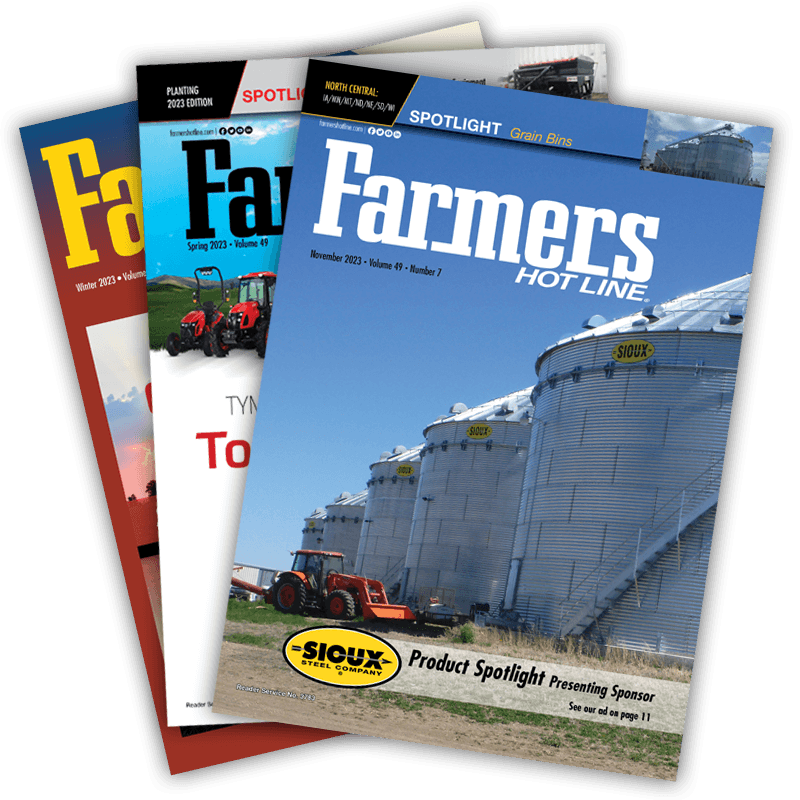Managing Election Stress: A Guide for Rural America
As election season rolls around, it’s easy to feel overwhelmed by the constant news, debates and opinions that flood the airwaves. For those of us living in the country — whether we’re farmers, homesteaders or rural residents — the pressures can feel distant but still deeply personal. While we may not have the hustle and bustle of city life, election stress can reach us even on the quietest farm.
So, how do we manage election stress in rural areas, where community, family and the land often come first? Here are a few down-to-earth strategies that can help you stay grounded during this time.
Limit Your Media Intake
Election cycles can often feel like a never-ending stream of news and opinions. While it’s important to stay informed, constantly tuning in can lead to anxiety and burnout. Research from the American Psychological Association (APA) shows that excessive media consumption can increase stress, especially during elections.
Set limits on how much time you spend watching, reading, or listening to election coverage. You don’t need every update in real-time, and chances are, your local chores, farm work or community projects are a more peaceful focus.
Be Mindful of Social Media Use
Social media can amplify election stress with constant updates and heated discussions. The APA links heavy social media use to increased anxiety during elections. Limit your social media time, curate your feed to focus on positive content and consider taking breaks if it becomes overwhelming.
Focus on What You Can Control
Out here in the country, we know all too well that some things are out of our hands. Just like we can’t control the weather or when the crops will grow, we can’t always control election outcomes. What we can control is how we respond.
According to the National Alliance on Mental Illness (NAMI), focusing on small, manageable tasks that give a sense of accomplishment can help reduce feelings of helplessness. Whether it's tending to livestock, working in the garden or fixing up your property, these tangible activities help you stay grounded and productive.
Lean on Your Community
One of the greatest blessings of rural life is the strength of our communities. When election season has you feeling stressed, reach out to your neighbors, friends and family. Studies show that social support is one of the most effective buffers against stress.
In many rural communities, faith plays a significant role. Attending church or spending time in prayer can offer spiritual and emotional relief during stressful times, helping you refocus on what matters most.
Get Outside
For those of us who live off the land, nature is our refuge. Time spent outdoors is one of the most natural and accessible ways to reduce stress and improve mental health. Research from Harvard University suggests that time in nature can lower stress hormones, reduce anxiety and boost mood.
When election stress starts to weigh on you, step outside. Go for a walk, take care of your animals or simply sit and enjoy the peace that the countryside provides.
Set Boundaries with Conversations
Election season often brings heated discussions, even among family and friends. While it’s natural to have opinions, not every conversation needs to be about politics. If you find that talking about the election is creating more stress than connection, it’s okay to set boundaries.
The APA advises that setting healthy boundaries around political discussions can help prevent unnecessary conflict and preserve relationships.
Remember the Bigger Picture
At the end of the day, life goes on. The crops will grow, the animals will need tending, and the sun will rise tomorrow. Elections come and go, but the values we hold dear — faith, family and hard work — remain constant.
By focusing on what really matters, we can manage the stress of election season and remember that our rural life provides us with peace and purpose.


